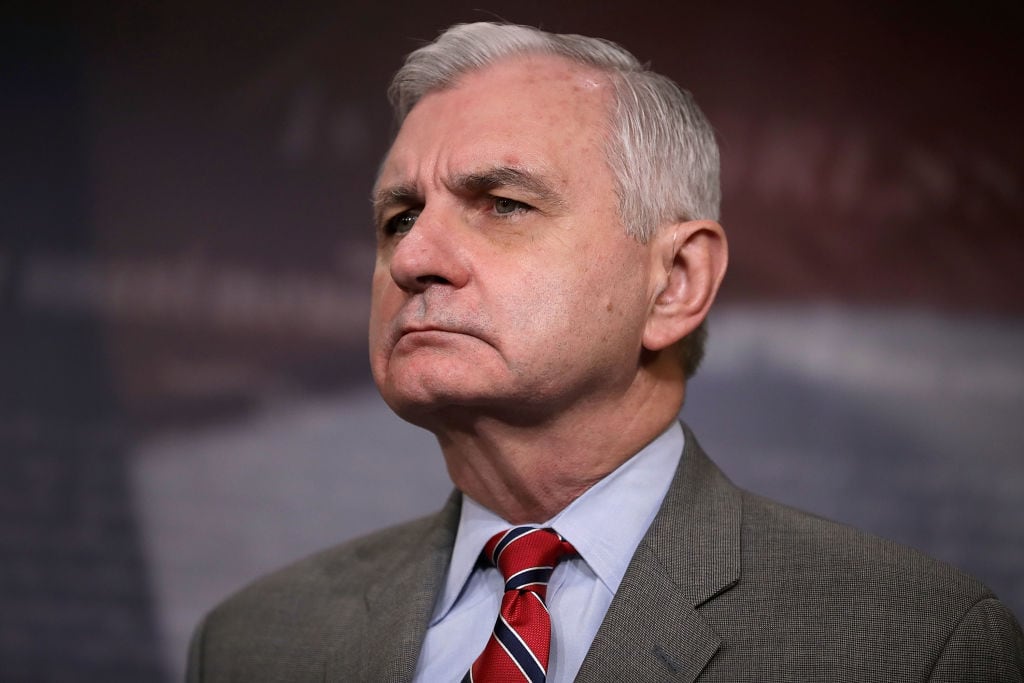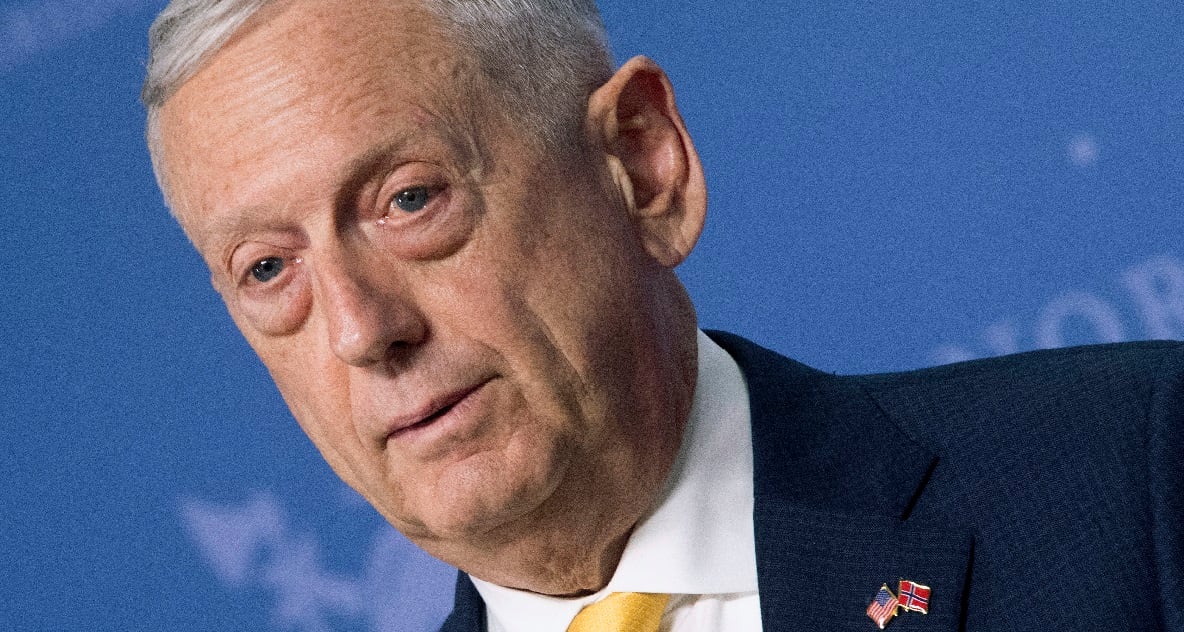BRASILIA, Brazil — U.S. Defense Secretary Jim Mattis said Sunday he is satisfied that creating a Space Force as a separate military service is the right way to reorganize the Pentagon’s approach to space.
Mattis, who last year opposed moves in Congress to create a separate space service, said his emphasis then was on establishing a consensus about what the Pentagon’s space problem is before recommending a way to fix it.
“I was not against setting up a Space Force,” he told reporters flying with him to Brazil to begin his first tour of South America as defense secretary. “What I was against was rushing to do that before we could define the problem” that needed solving.
RELATED

This, he said, is why he pushed back against efforts in Congress to create a Space Force. In a letter to Rep. Mike Turner, an Ohio Republican, in July 2017, Mattis wrote, "I do not wish to add a separate service that would likely present a narrower and even parochial approach to space operations."

Mattis' comments Sunday were his first since Vice President Mike Pence announced on Thursday that the Trump administration would push for creation of the Space Force as a sixth, separate military service by 2020. The Pentagon first will establish a Space Command to oversee and coordinate space operations and a Space Development Agency to accelerate the development and fielding of space technologies for the military. It also will build up larger numbers of servicemen and servicewomen with expertise in space operations.
"We're in favor of war-fighting capability organized along the lines of what the president laid out," Mattis said, referring to President Donald Trump's instruction in June that the Pentagon begin the process of creating a Space Force that would be "separate but equal" to the Air Force, which currently manages most of the military's space operations.
RELATED

Mattis said he has been discussing this with Trump and Pence since the first month of the administration.
Critics of making space a separate branch of the military say it would entail more bureaucracy and cost. Deputy Defense Secretary Pat Shanahan said on Thursday that the Pentagon does not yet know how much it will cost but that it would be in the billions of dollars.
Shanahan said the Pentagon would submit a legislative proposal for a Space Force early next year as part of its fiscal 2020 budget request.
Mattis was in Brazil to discuss a range of defense issues, including mutual security threats. Later in the week, he is scheduled to make the first visit to Argentina by a U.S. defense secretary since 2005. He also will visit Chile and Colombia.




